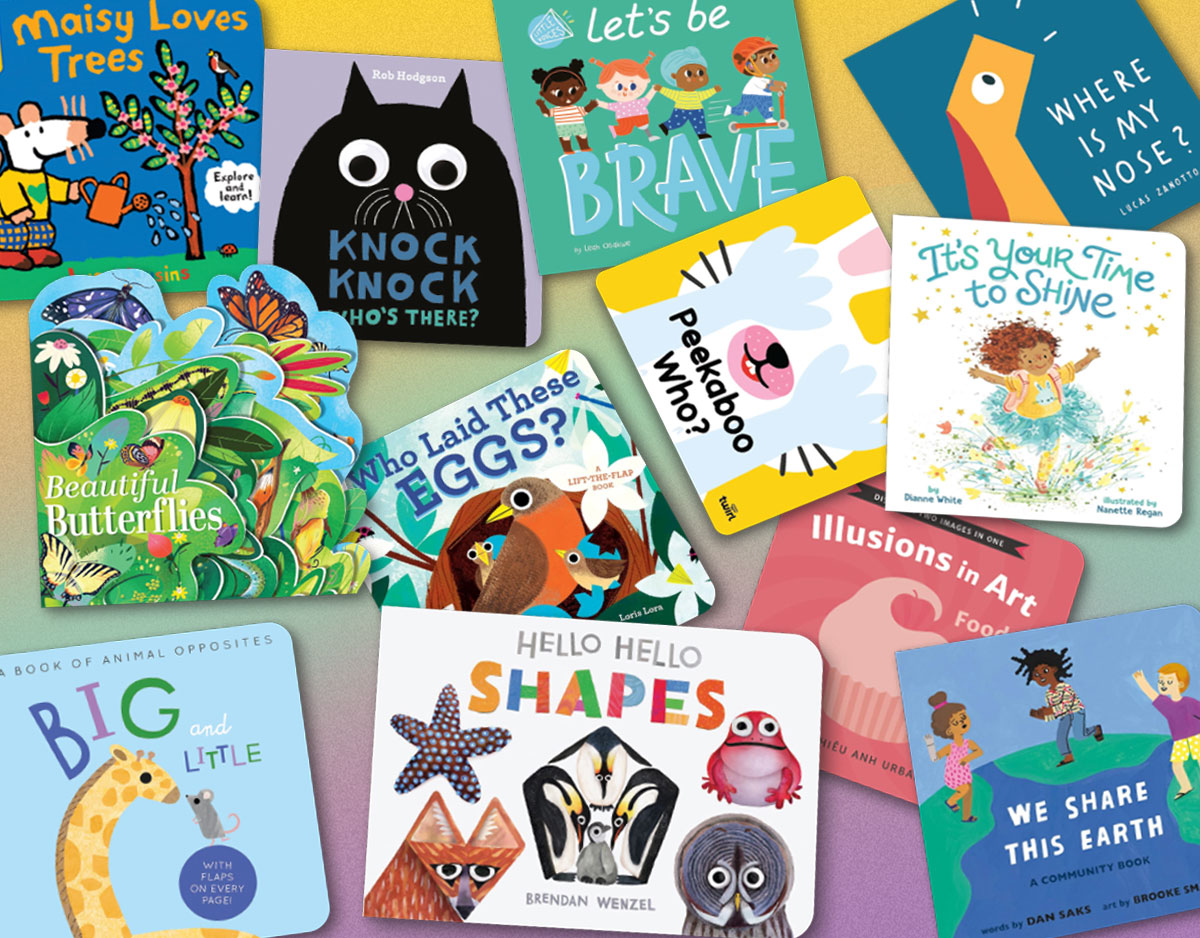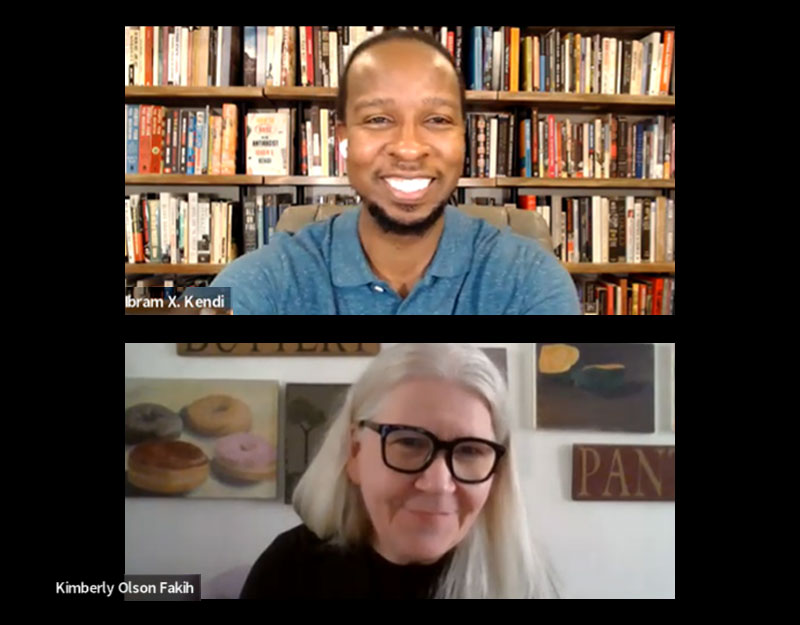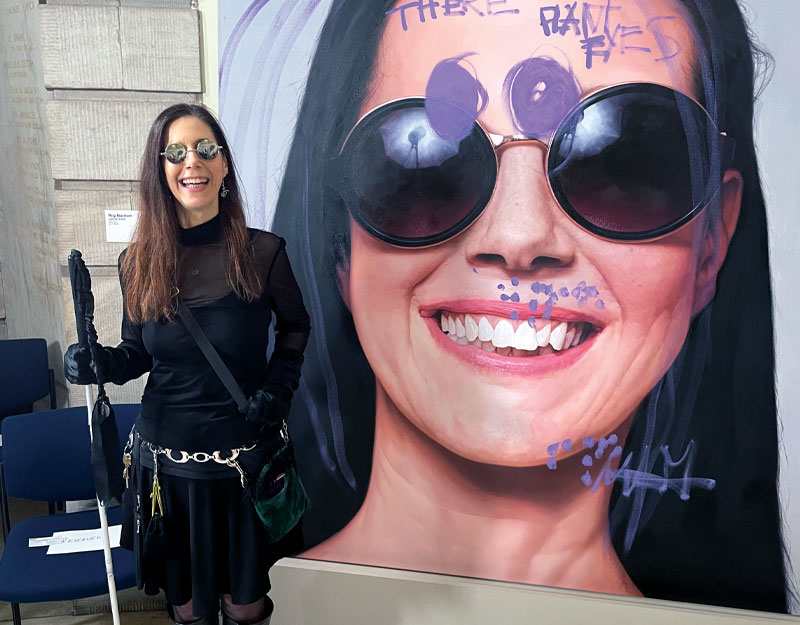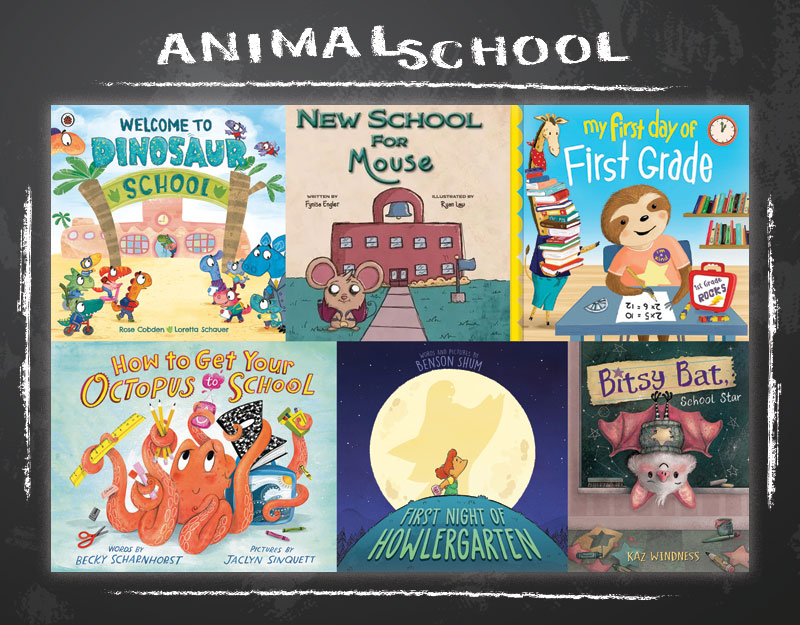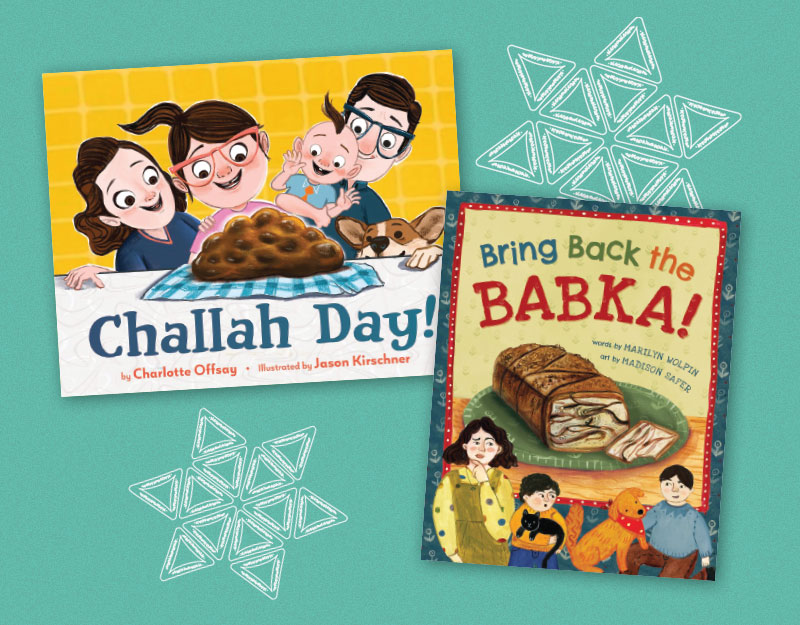Life as a Literary Agent and an Author: The Good and the Bad and Everything in Between, a guest post by Katelyn Detweiler

Sometimes, on especially chaotic and sleep deprived days, I can’t help but to question my life decisions—specifically, the choice to be both a literary agent and an author, to surround myself with manuscripts and words and publishing all day every day, weekdays and weekends, daytime and nighttime. (Working fulltime from home with a two-year-old wild child, I should add!) The words, the sentences, one long paragraph after another… they’re always there. Inescapable. It’s a lot, to take what is one of your greatest passions—books, stories, writing—and turn it into not just one job, but two. At this point in life, I maybe read one book a year purely for pleasure, two if I’m lucky, and even then, my brain is stubbornly in editorial mode as I go along. What notes would I have had, if the book was one of my authors’ projects? What could have made this character stronger, that theme clearer? Is this scene necessary? Is that idea overstated?

So yes, as I said… it’s a lot. But there’s a reason I made the decision to submerge myself daily in words, a veritable waterfall of them, and a reason I still stand by that choice at the end of every single day—and wouldn’t change a thing, not really, not ever. The truth is, I live for these words. To create my own, but much more than that, to watch so many other writers create, too. To walk alongside authors on their grand writing journeys, helping to take dreams and turn them into realities. Honestly, it never gets old. Particularly The Phone Call, telling a writer their manuscript will someday be an actual published book on people’s shelves. (Admittedly, sometimes I weep as much as they do!) But I’m here for every part of it, the good and the bad and all the daily in between.
ADVERTISEMENT
ADVERTISEMENT
I was an agent first and foremost. I graduated from Penn State with an English degree and my eyes set on publishing, and nothing else. No Plan B. I started in the marketing department of Macmillan Children’s, a great way to get a broad perspective on all the many roles in publishing, and then soon moved to the agenting side. I wanted to be more hands-on with authors, more hands-on with text. While I’d always dabbled in my own writing from an early age, I liked the prospect of it more than the actual craft. Besides, it was scary enough to move from my small town in Pennsylvania to work in New York City publishing—that was a gigantic enough dream on its own. It felt too absurd to think I could be an author, too. That felt like saying I wanted to be a rock star or a princess. Impossible.
But then a few years into agenting, I had an idea. A pregnant teen virgin in our day and age. What would her parents say, her best friends, her boyfriend? I had the idea, and that idea was outrageously stubborn. The idea screamed YOU MUST WRITE ME, and so one day, I sat down and I did. I wrote paragraphs that became pages that eventually, somehow, magically became a full manuscript. And then my amazing boss Jill Grinberg read it and said she’d… be my agent. Boss/agent/mentor/friend all rolled up into one. It was a dream I never would have dared to have for myself. The project sold—IMMACULATE, and an unwritten companion novel—and I became two things: agent and author.
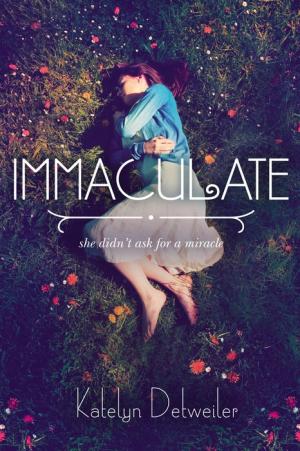
Four books in, I still mostly identify myself as agent. When people ask what I do, that’s what I say. The natural instinct. Usually my husband or mom or someone else will chime in that I’m also an author. Oh, right. It’s not that I forget, but it’s also not what I spend every day focusing on. Being present and available for my authors is priority number one, work-wise. It drives and defines most of my weekdays, sunup to sundown, when I’m not building LEGO trucks or cleaning up smoothie puddles or combating epic toddler bedtime battles. Agenting makes it possible to write, and writing “on the side”—in whatever slivers of free time I can find—makes writing still feel like a hobby. Or hobby-adjacent, at least, even if it’s not always necessarily for joy. There are joyful days, sure. But I wouldn’t say I write because it fills me with joy. I write because once I started, nearly a decade ago now, I couldn’t stop.
I always say when I’m talking to prospective clients that writing has made me a better agent. And I believe it’s true, wholeheartedly. I’ve been on the other side of the process—the editorial letters, the copy edits, the cover debates, the push for more promotion and support. I’ve been at a big publisher, I’ve been at an indie. I’ve lived and breathed the rollercoaster of birthing a book baby four times over, the many highs and the many lows.
No matter how much you know, though, from either side of the lane, publishing a book never gets less scary. THE PEOPLE WE CHOOSE, my latest novel, was no exception. In fact, it was probably the trickiest one yet. The one I needed to sit on the most, taking time—years, really—to fully think through my idea and my goals before writing a single word. The hardest one to plot out once I started, and the hardest one to edit, time and time again, to make sure I got it right and did the message justice. It’s not a straightforward story—a girl who, upon turning eighteen, discovers that her sperm donor is the father of her next-door neighbor turned recent love interest. It’s a complicated exploration of family and how we love, who we love. The different kinds of love, and how love can shift and evolve over time.
Most days I feel like agenting and authoring combined has given me a thicker skin—I love my clients’ projects deeply and wholly, so every rejection is personal, even if I didn’t write the words myself. There’s been a lot of rejection over the years, because the truth is, more projects than not aren’t sold at auction. There’s one perfect editor, one love match, and that’s okay. It only takes one. But that means for every YES, there might be fifteen, twenty, twenty-five (or more!) NOs. Publishing is not for the faint of heart. Not as an author, and not as an agent. Rejection, criticism, disappointment, it’s all part of the process. For my books just as much as for my authors’ books. I’m still human, though. Bad reviews sting, a particularly blunt rejection hurts. Seeing more of it, experiencing rejection in some form or another on a weekly if not daily basis, helps put it into perspective, though: publishing is maddeningly subjective. But true talent rises up. Great stories find their way.
I’ve rambled now, haven’t I? I set out to write about pros and cons of being in both lanes, but really this has become a messy love letter to words and stories. Books are (aside from my family, of course) my Great Love in this life. There’s no other way for me. No other path.

The days are long, but they’re the best possible days. Now excuse me while I go make another cup of coffee.
Meet the author
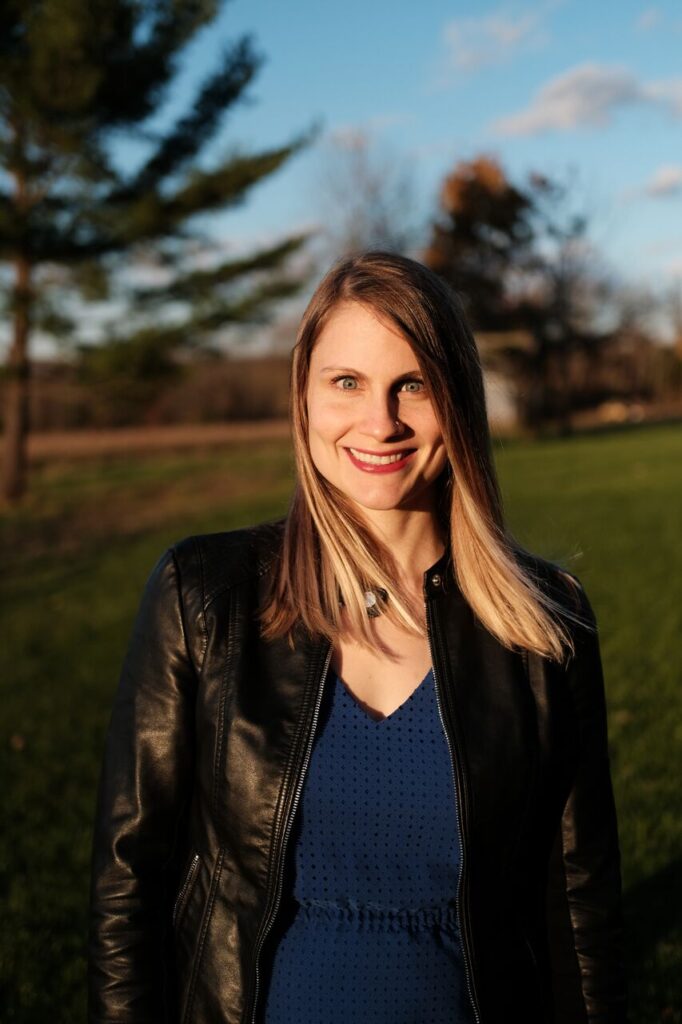
ADVERTISEMENT
ADVERTISEMENT
Katelyn Detweiler is the author of several books for young adults, including The Undoing of Thistle Tate and The People We Choose. She is also a literary agent and lives in Brooklyn, New York.
About The People We Choose
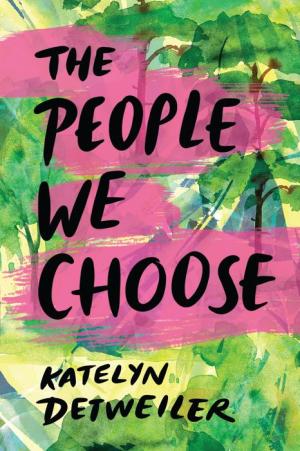
When 17-year-old Calliope meets her new neighbor Max, their connection is instantaneous, but the revelation of her sperm donor’s identity changes everything.
Calliope Silversmith has always had just two friends in her small Pennsylvania town, Ginger and Noah, and she’s fine with that. She’s never wanted anything more than her best friends, her moms, their house in the woods, and their family-run yoga studio—except maybe knowing who her sperm donor is. Her curiosity has been building for years, and she can finally find out this summer when she turns eighteen.
Then Max and his family move into the house across the woods from Calliope, and she immediately feels a special connection with her new neighbor, one that feels different than just friendship. The stability of her longtime trio wavers over the next few weeks as she and Max start to spend more time together.
But when Calliope makes contact with her sperm donor she learns a surprising truth: her donor is Max’s father. How is this even possible?
As she and Max struggle to redefine their friendship now that they know they’re half-siblings, Calliope realizes she has much to gain by recognizing and accepting that family is both the one she has been born into, and the one she chooses to make.
Perfect for readers looking for stories about family dynamics and fans of The Other F-Word by Natasha Friend.
ISBN-13: 9780823446643
Publisher: Holiday House
Publication date: 05/04/2021
Age Range: 14 – 17 Years
Filed under: Uncategorized
About Amanda MacGregor
Amanda MacGregor works in an elementary library, loves dogs, and can be found on Twitter @CiteSomething.
ADVERTISEMENT
ADVERTISEMENT
SLJ Blog Network
Name That LEGO Book Cover! (#53)
Cover Reveal and Q&A: The One and Only Googoosh with Azadeh Westergaard
K is in Trouble | Review
Fighting Public School Book Bans with the Civil Rights Act
ADVERTISEMENT



